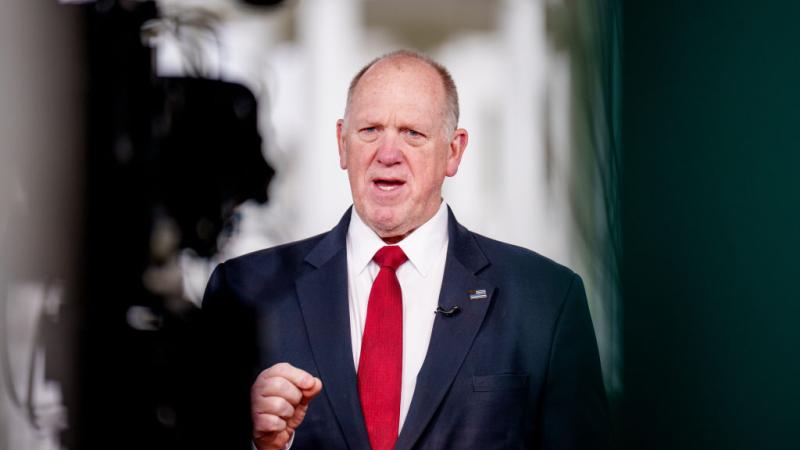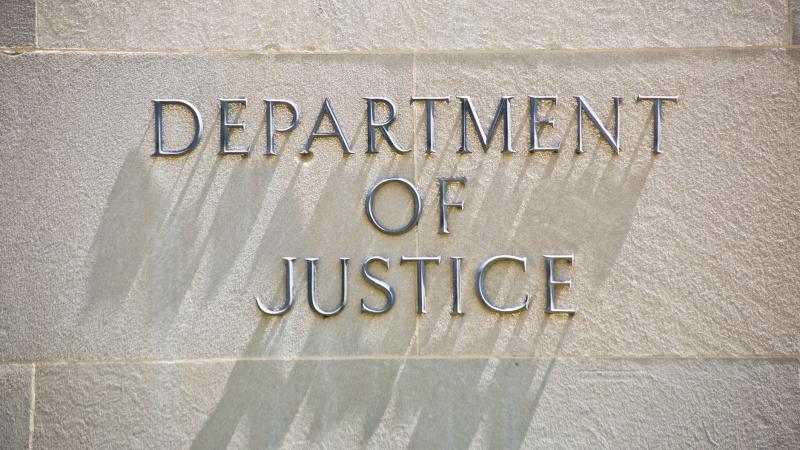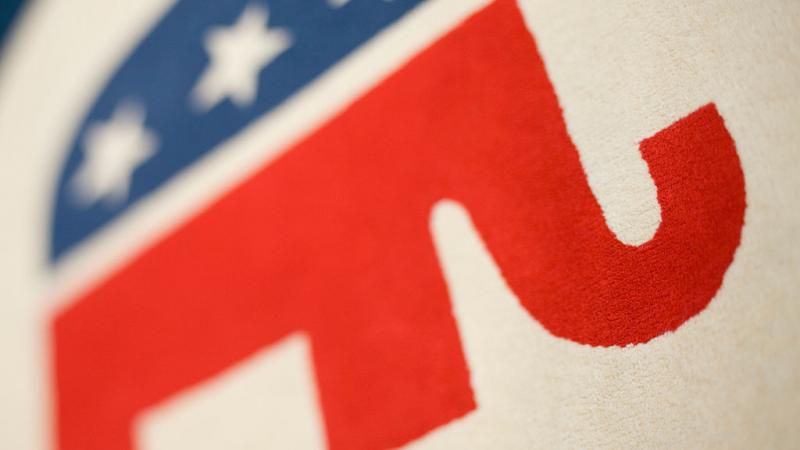White House trying to sort out what Biden and Blinken ignored in Nigerian war on Christians
Although in his first term Trump designated Nigeria a "Country of Particular Concern" after violence on Christians, Biden and Blinken took them off the list, and the butchers' bill is now up to at least 7,000 lives
On Saturday, President Donald Trump threatened military action against Nigeria, spurred on by a religious war in the West African nation that has reportedly seen radical Islamists engage in the mass slaughter of Christians. The threat reflects a stark change in U.S. policy against the nation as former President Joe Biden's administration, including his Secretary of State, Antony Blinken, took little action against the crisis that has claimed 7,000 lives this year alone as of August, the Nigeria-based human-rights NGO International Society for Civil Liberties and the Rule of Law (Intersociety) told Newsweek.
During Trump's first term in office, Trump designated Nigeria a Country of Particular Concern (CPC), which is a classification by the president for a nation that has engaged in or tolerated particularly severe violations of religious freedom.
Less than a year into Biden's term in November 2021, Biden revoked CPC status for Nigeria after Blinken determined that it did not meet the criteria for "systematic, ongoing, and egregious" violations of religious freedom. The move was criticized by the U.S. Commission on International Religious Freedom (USCIRF), which called the designation removal "unexplainable" and "appalling."
House Committee member says "Blinken had absolutely no answers"
"I think it's appropriate what the President [Trump] has done to reinstate what he put in place in his first term, making this country of particular concern. And of course, Antony Blinken had absolutely no answers when he was in front of our committee during the Biden administration as to why they pulled that," Rep. Bill Huizenga, R-Mich., told Just The News.
Trump warned in his Truth Social post on Saturday that the U.S. could deploy troops or conduct airstrikes if the Nigerian government fails to intervene, while vowing to cut off all aid to what he called a "disgraced country."
Just The News also spoke to Rep. Marlin Stutzman, R-Ind., about what the CPC designation does in terms of deterrence. Indicating that other global conflicts can send a message to Nigerian militants.
Stutzman said, "Since President Trump got the hostages back from Gaza, some sort of peace agreement is starting there and this has opened up a window for us to say, 'look, this is another one right over here, where Jihadis are killing people and taking advantage of people and trying to run these people either out of the country or just eliminate them altogether."
Nigeria's brutal history
In 1999, twelve northern Nigerian states adopted Sharia law, sparking immediate discrimination, anti-blasphemy mobs, and church burnings that killed hundreds of Christians in riots through 2008. Boko Haram emerged in 2009, launching bombings, the 2014 Chibok abductions, and village massacres targeting Christians, claiming tens of thousands of lives by 2015.
Since then, Boko Haram splinters, ISWAP (Islamic State's West Africa Province), and Fulani militants have intensified attacks, displacing millions in addition to the murders.
Addressing core values of protecting religious liberty then and now
During Trump's first term in office, he made faith and religious freedom a cornerstone of his presidency. He became the first sitting president to attend the March for Life in person in 2020 and made steps to protect faith-based groups and individuals. His May 2017 executive order eased certain federal rules allowing religious organizations to secure funding and join government programs without facing bias. The Justice Department’s 2017 guidance on religious freedom further protected faith communities in court, upholding First Amendment rights.
Trump’s policies also supported specific groups and public expressions of faith. A 2019 order fought anti-Semitism, while school prayer guidelines allowed students and teachers to practice their beliefs openly. The White House Faith and Opportunity Initiative gave religious leaders a voice in policy, promoting fairness for all faiths.
Globally, Trump championed persecuted believers through high-profile diplomacy. He launched the 2019 Ministerial to Advance Religious Freedom and spoke at the U.N. to rally support for groups like China’s Uyghurs. His administration’s aid and partnerships with advocates aimed, not only to curb violence and protect religious liberty, but also to preserve sacred sites worldwide.
Second-term continuation of religious liberty successes
During his second term, only ten months in, Trump has accelerated his faith-protecting agenda. Within weeks of his inauguration, Trump launched the White House Faith Office, led by Pastor Paula White-Cain, to empower faith groups, secure grants for houses of worship, and enforce anti-discrimination protections across federal agencies.
On May 1, 2025, he signed an executive order forming the Religious Liberty Commission under the DOJ, chaired by Texas Lt. Gov. Dan Patrick and Dr. Ben Carson, to defend conscience rights, parental religious education, and free speech. In September 2025, the Department of Education issued guidance, again protecting prayer and religious expression in public schools, while expanding school choice for faith-based learning. Trump also directed audits of agencies like the DOJ and IRS to stop bias against faith communities, halted abortion funding, and mobilized resources to combat anti-Semitism and anti-Christian persecution.
The Facts Inside Our Reporter's Notebook
Links
- claimed 7,000 lives
- International Society for Civil Liberties and the Rule of Law
- Trump designated
- called the designation removal
- adopted Sharia law
- immediate discrimination
- 2014 Chibok abductions
- Fulani militants have intensified attacks
- May 2017 executive order
- 2017 guidance
- 2019 order
- 2019 Ministerial to Advance Religious Freedom
- preserve sacred sites
- led by Pastor Paula White-Cain
- Religious Liberty Commission














